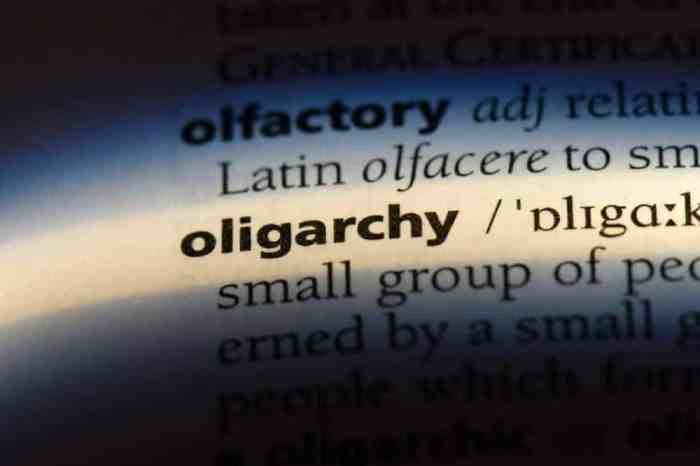Pros and cons of an oligarchy – Oligarchies, characterized by the rule of a small elite, have shaped societies throughout history. Delving into the pros and cons of this unique form of government, we uncover a tapestry of advantages and drawbacks that ignite debate and challenge our perceptions of power and governance.
Oligarchies offer stability, efficiency, and historical successes. However, they also raise concerns about political participation, corruption, and the suppression of dissent. Join us as we explore the intricate web of oligarchic power dynamics and compare it to alternative forms of government, revealing the complexities and nuances that define this intriguing political system.
Advantages of an Oligarchy
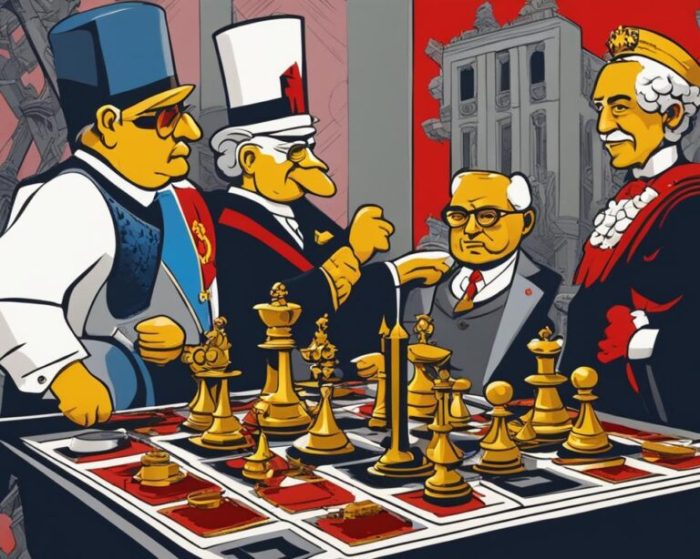
Oligarchies, characterized by rule by a small elite group, offer certain advantages. Stability and order are often hallmarks of oligarchic societies due to the concentration of power in a few hands. This centralization of authority allows for swift decision-making, potentially increasing efficiency in governance.
Moreover, some oligarchies throughout history, such as the Venetian Republic and the Dutch Republic, have achieved significant prosperity and cultural advancement.
Stability and Order
Oligarchies can foster stability by ensuring a consistent and predictable political environment. The small ruling class, often bound by shared interests and values, maintains control through established institutions and practices. This continuity minimizes political upheaval and promotes a sense of security among the populace.
Increased Efficiency
Oligarchies have the potential for increased efficiency in decision-making. With power concentrated in the hands of a few, decision-making processes can be streamlined, avoiding the delays and compromises associated with more participatory systems. This efficiency can be particularly advantageous in times of crisis or when quick action is required.
Examples of Successful Oligarchies
Throughout history, certain oligarchies have achieved notable success. The Venetian Republic, a maritime power that flourished for centuries, was governed by a small group of merchant families. The Dutch Republic, another prominent oligarchy, emerged as a global economic and cultural center during the 17th and 18th centuries.
These examples demonstrate that oligarchies can, under certain circumstances, foster stability, prosperity, and cultural advancement.
Disadvantages of an Oligarchy
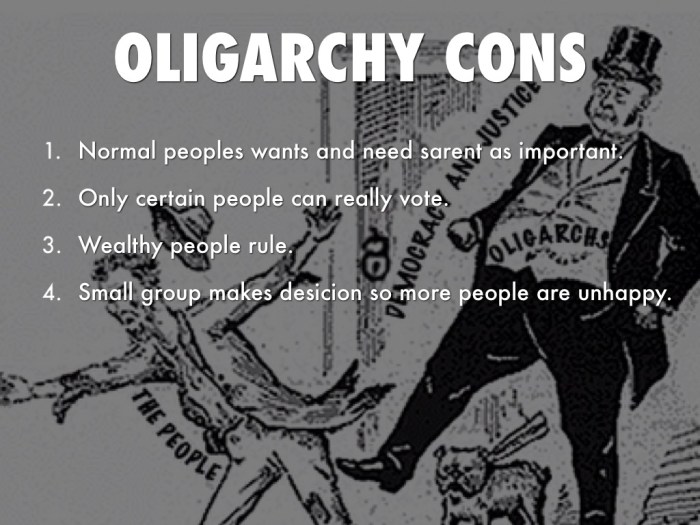
Oligarchies, while offering some advantages, come with inherent drawbacks that can hinder societal progress and undermine the principles of democracy.
An oligarchy has its pros and cons, but one thing is for sure: understanding its nuances is crucial. If you’re studying for the ENPC 5th edition test, you can find comprehensive enpc 5th edition test answers online. Returning to our discussion on oligarchy, it’s essential to weigh the advantages and disadvantages carefully before forming an opinion.
Limited Political Participation
In an oligarchy, political power is concentrated in the hands of a small elite, severely restricting the participation of the general population in decision-making processes. This limited political engagement can lead to a lack of representation and responsiveness to the needs and concerns of the broader society.
Power Dynamics within an Oligarchy: Pros And Cons Of An Oligarchy
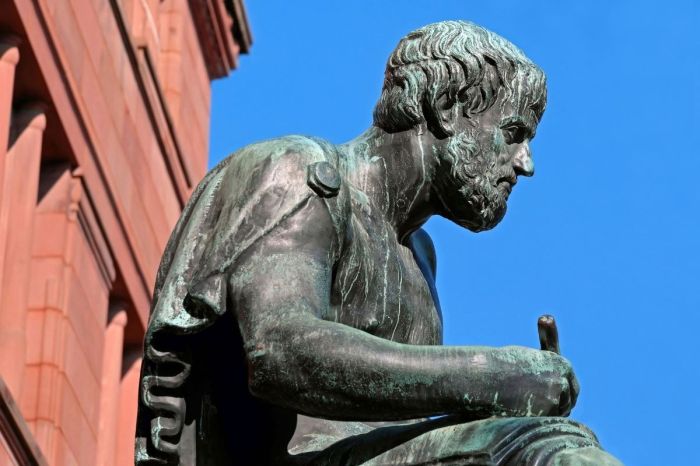
Oligarchies exhibit diverse power structures, shaping how authority is wielded within the ruling elite.
Power Distribution
Power distribution in oligarchies can vary significantly. In some, a single dominant leader or family holds sway, centralizing decision-making. In others, power is more evenly shared among a small group of influential individuals or families.
Wealth and Family Connections, Pros and cons of an oligarchy
Wealth and family connections play crucial roles in shaping power dynamics. In many oligarchies, economic power translates into political influence. Family connections can also provide access to networks and resources, bolstering one’s position within the ruling elite.
Types of Oligarchies Based on Power Distribution
| Type of Oligarchy | Power Distribution ||—|—|| Autocracy | Power concentrated in a single leader or family || Oligarchy | Power shared among a small group of individuals or families || Plutocracy | Power based primarily on wealth || Meritocracy | Power based on ability or expertise |
Oligarchy vs. Other Forms of Government
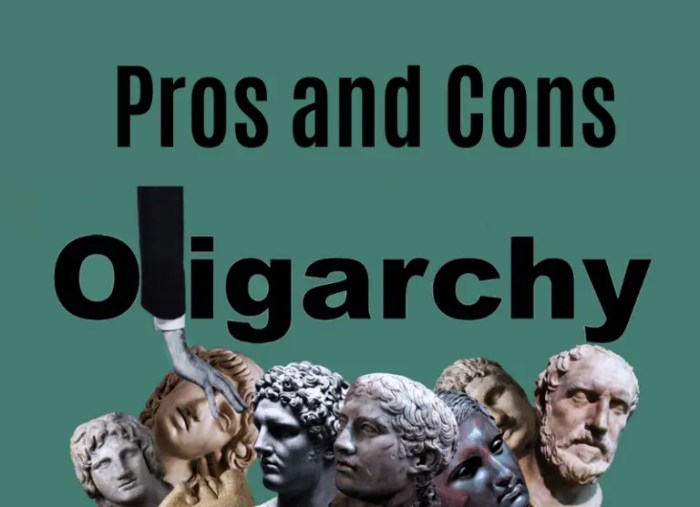
Oligarchies differ from other forms of government in several key ways. Compared to democracies, oligarchies have a narrower power base, with a small group of elites holding disproportionate influence. In democracies, power is distributed more widely among the citizenry, allowing for greater citizen participation in decision-making.
Oligarchies also contrast with monarchies, where power is concentrated in a single individual or family. While both oligarchies and monarchies lack widespread citizen participation, oligarchies typically have a broader power base than monarchies.
Power Distribution and Decision-Making
In oligarchies, power is concentrated among a small group of individuals or families, who typically inherit their positions or accumulate wealth and influence over time. This concentration of power often leads to a lack of accountability and transparency in decision-making.
In contrast, democracies distribute power more evenly among the citizenry, with elected officials representing the interests of their constituents. Monarchies, on the other hand, concentrate power in the hands of a single individual or family, who may or may not be accountable to the people they govern.
Citizen Participation
Oligarchies generally offer limited opportunities for citizen participation in government. Elections, if held, may be rigged or manipulated to ensure the continued dominance of the ruling elite. In contrast, democracies emphasize citizen participation through regular elections, referendums, and other mechanisms that allow citizens to influence policy decisions.
Monarchies typically offer even fewer opportunities for citizen participation, with the monarch often having absolute or near-absolute power.
Advantages and Disadvantages
Oligarchies have some advantages over other forms of government. They can provide stability and continuity, as power is concentrated in the hands of a few experienced individuals. Oligarchies can also be more efficient in decision-making, as there are fewer voices to consider.
However, oligarchies also have significant disadvantages. They can be prone to corruption and abuse of power, as the ruling elite may have little incentive to represent the interests of the broader population. Oligarchies can also stifle innovation and creativity, as dissenting voices are often marginalized.
Questions Often Asked
What are the key advantages of an oligarchy?
Oligarchies can provide stability, order, and potentially increased efficiency in decision-making due to the concentration of power among a small group of individuals.
What are the main disadvantages of an oligarchy?
Oligarchies often face criticism for limited political participation, increased risk of corruption and inequality, suppression of dissent, and lack of accountability.
How does power operate within an oligarchy?
Power dynamics in oligarchies vary depending on the specific structure, but typically involve the distribution of power among a ruling elite based on factors such as wealth, family connections, and other influential factors.
